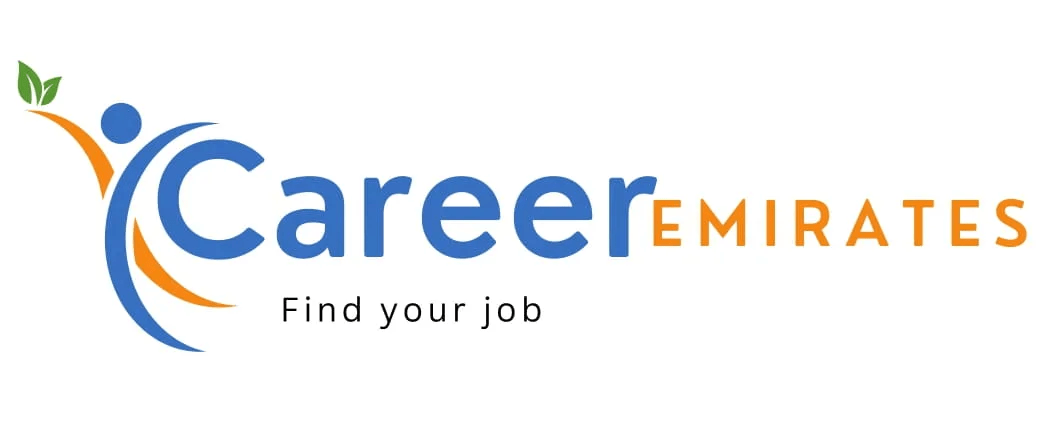Find your Dream Jobs in United Arab Emirates
200+ live jobs in United Arab Emirates, Saudi Arab, and other locations of the United Arab Emirates
Popular Job Categories
Explore Prime Jobs in United Arab Emirates
Explore prime job openings in the United Arab Emirates. Career Emirates stands out as one of the fastest-growing job sites in the region. With a focus on connecting job seekers with local opportunities, Career Emirates facilitates the building of a strong professional network within the UAE. Whether you’re seeking employment in Dubai, Abu Dhabi, Sharjah, Ajman, Fujairah, Ras Al Khaimah, Umm Al Quwain, or other locations across the Emirates, Career Emirates is your go-to resource.
We are the best website for job searching simplifying the process of finding desirable positions tailored to your skills and preferences.With the best platform for online jobs searching, you can gain access to a wide range of job listings from reputable companies actively seeking local talent. Whether you’re a seasoned professional or just starting your career journey, Career Emirates provides a comprehensive platform to explore and apply for prime job opportunities in the UAE.
How It Works
You can hire a desirable candidate through Career Emirates in 3 simple steps that Include:

01 Post a Job
Post your Job Requirement free of cost on Career Emirates. We are one of the best job posting sites in the United Arab Emirates

02 Get Verified
Get a verified resume of interested candidates or you can search directly resume on our resume search engine.

03 Get Hired
Finally, shortlist your desirable candidates and hire them. If you need our team can help to select your desirable candidate.
Featured: Jobs in United Arab Emirates
Find Urgent jobs, Fresher jobs, Entry-Level Jobs, and Executive Jobs across the UAE
10L+ top companies trust Career Emirates
for their hiring needs
Why choose Career Emirates for hiring
Looking to explore job opportunities in Dubai, UAE? Look no further! Career Emirates offers a free job search engine designed to cater to your needs, whether you’re looking for online jobs for college students, Jobs in Dubai for freshers, or simply job opportunities in Dubai.
Our user-friendly platform boasts an intuitive interface, making job searching a breeze. Simply input your location, preferred industry, and desired job title into the search bar, and we’ll present you with the latest job listings tailored to your criteria. Whether you’re a college student seeking online opportunities, a fresher eager to kickstart your career in Dubai, or an experienced professional seeking new horizons, Career Emirates is your ultimate destination.
- Our job board has over 1,000 jobs listed from leading employers across the UAE
- By joining our community, you will be able to connect with other expatriates who share similar career goals.
- Our job board has over 1,000 jobs listed from leading employers across the UAE
Jobs By Cities
Get jobs in cities like Dubai, Abudhabi, Sharjah, etc. in the United Arab Emirates
Our Goal
Our goal is to assist you in securing a job in Dubai, UAE, by providing valuable resources. Learn how to write a compelling resume tailored to work-from-home jobs, prepare effectively for interviews, and maximize your chances of landing an interview. Additionally, we offer insights into the average living expenses in Dubai, aiding in effective budgeting. With Career Emirates’ comprehensive support, you’re equipped to navigate the Dubai job market and unlock exciting work-from-home opportunities in this dynamic city.
Employer Reviews
Abdul Shaikh
Senior Marketing Specialist
I have been working at Career Emirates for the past two years, and I must say it has been a rewarding experience. The company's commitment to employee growth and development is commendable.
Misbah Khan
Web Developer
Securing a position at Web IT Solutions through Career Emirates has been a fantastic experience. The hiring process was smooth, with clear communication and support from Career Emirates.
Aslam Shaikh
Accounting
Securing a position in the accounting department at Lulu Mall through Career Emirates has been a fulfilling experience. The hiring process from India was facilitated, and Career Emirates provided invaluable support throughout.
Frequently Asked Questions (Employer) : Jobs in United Arab Emirates
Yes, Career Emirates provides free job placement services for individuals seeking employment opportunities in Dubai.
To apply for a free job in Dubai with Career Emirates, simply visit our official website, explore the available job listings, and submit your application online.
Career Emirates offers a wide range of job opportunities across various industries in Dubai. You can find positions in sectors such as hospitality, healthcare, engineering, IT, and more.
Career Emirates has a proven track record of connecting job seekers with reputable employers in Dubai. Our extensive network and commitment to quality make us a reliable choice for free job placement services.











